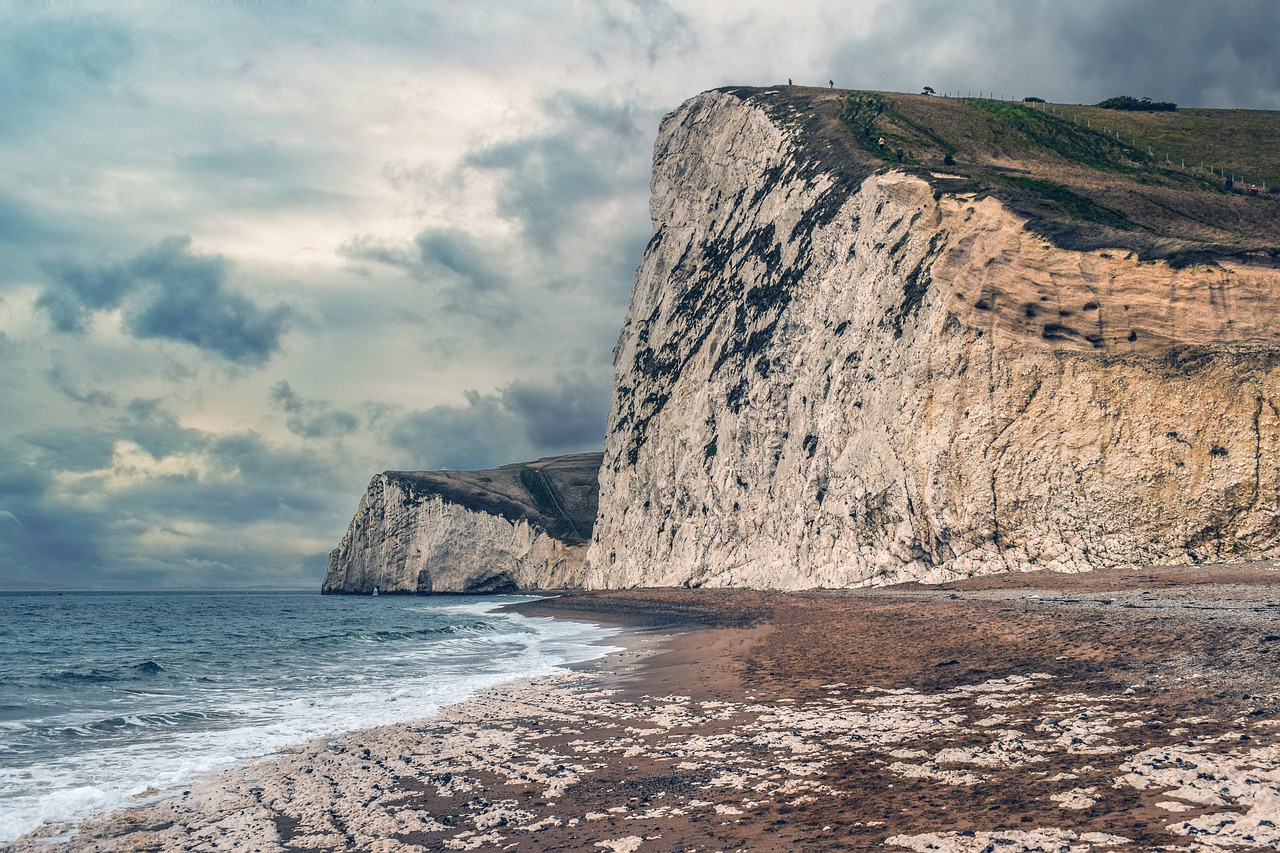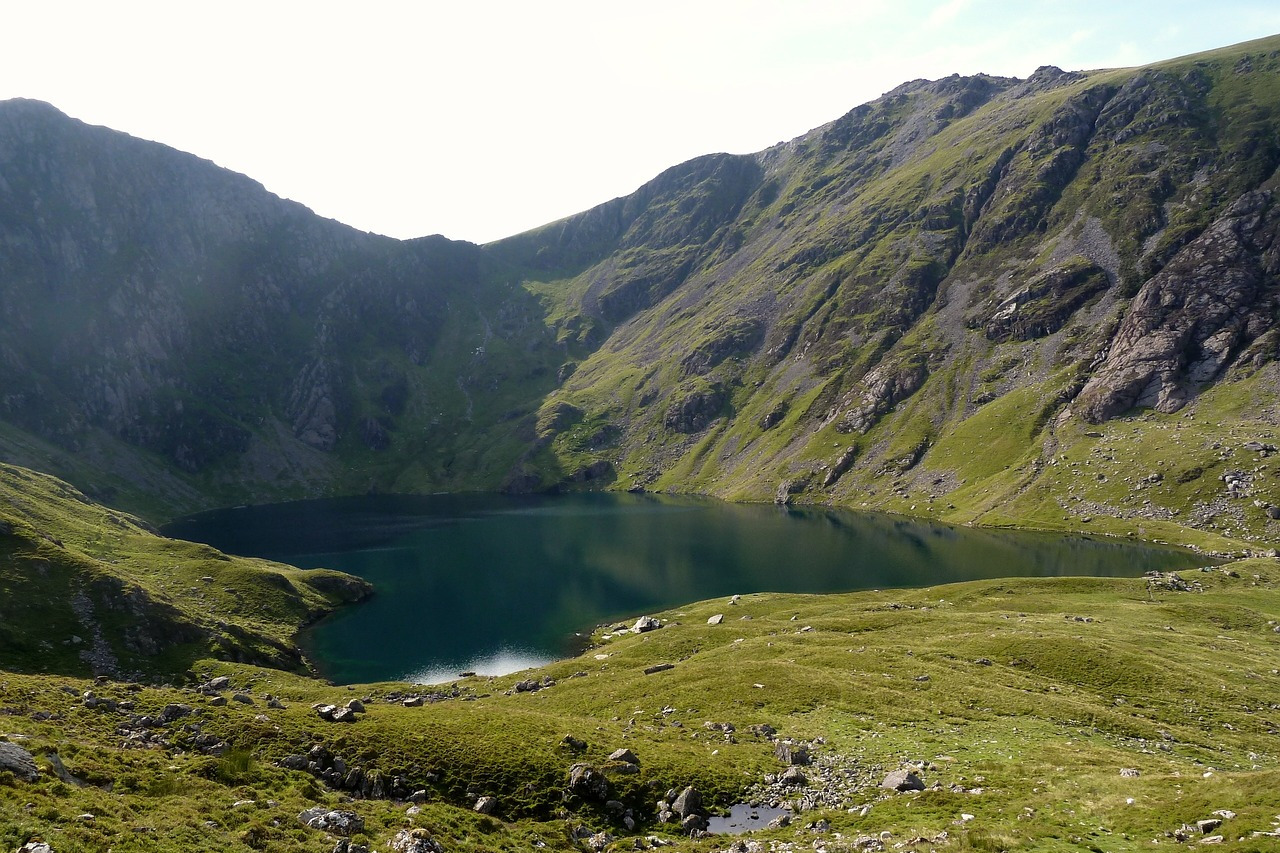01635 510500
Geography Department Ethos
Geography is a popular subject at Trinity, with consistently high uptake at GCSE and A Level. Three ideas underpin the way Geography is taught, all of which are aimed developing highly capable and inquisitive Geographers, and raising and maintaining the profile of Geography as a subject.
Firstly, we challenge students to think global: it is easy for students to become fixated on their own lives and experiences, so the curriculum fosters awareness of the world outside West Berkshire and beyond. Secondly, we emphasise the importance of Geography as a subject. One of Geography’s key strengths is relevance to global events and issues as they arise – this forms a key component of the curriculum at all key stages.
Building on this, the third aim is to make students invest in Geography as a subject, and seeing it has having a narrative and overall purpose: we want it to be a highlight of their weekly timetable, something they look forward to. We are keen to make students realise that Geography has value for them and society as a whole.
As such, Geography has a high profile within Trinity, students enjoy their lessons, and engage well with the learning - this allows Geography to press home its key advantages of being relevant to global events, and for its capacity to take students into the real world through high quality teaching both in and out of the classroom.
Curriculum
The Geography curriculum has been designed and sequenced so that the broader Geographical concepts and skills run through all key stages.
At Key Stage 3 there are six main topics across the two years, broadly one topic per half term. Each topic is broken down into smaller sub topics; although these are more specific in content, each topic is underpinned by one key concept:
Year 7
· Topic 1 – Where you live: local and national Geography; Newbury’s ‘place’ in the UK
· Topic 2 – Living World: biomes, climate zones, rainforests, resources
· Topic 3 – Hazards: tectonic hazards, weather hazards, flooding
Year 8
· Topic 1 – Contrasting Planet: extreme environments, inequality, migration
· Topic 2 – Changing Landscape: climate change, processes, coasts
· Topic 3 – Threats: health and disease, conflict, waste
At GCSE we follow the OCR A specification; GCSEs start in Year 9, and the curriculum is divided into three units, starting with the UK landscapes, population and environmental challenges in paper 1, then moving onto global ecosystems, development and environmental challenges in paper 2; paper 3 is a combined skills and fieldwork paper on UK and global topics.
We also follow on with OCR at A Level, which consists of separate papers for physical and human Geography, and a synoptic paper which combines elements of both in essay questions; the NEA is also a strong feature at A Level, with students producing work on a diverse range of topics of their own choosing, from local rebranding through to the impact of glaciation in Snowdonia.
Uptake and exam results
Uptake is high at GCSE, reflecting the popularity of Geography at Trinity. There are currently 260 students studying Geography at GCSE, across ten classes in Years 9-11. Results are good, with the last set of examination results in 2019 yielding a positive gap to TMG of +0.3, 60% of students achieving 4-9 and excellent achievement at the top end, with 31% of students achieving grades 7-9.
This popularity allows for consistently high uptake at A Level. Groups of between 12-15 students are the norm, with GCSE success being followed up with excellent A Level results.
Fieldwork and Extra Curricular
Fieldwork is an integral part of Geography, and given high priority as part of the curriculum. Fieldwork and its associated tasks are integrated into particular topics: students have at least one fieldwork opportunity every year, with several extra optional trips run at GCSE and A Level.
Key locations include the Jurassic coast in Year 8, Hurst Castle Spit in Year 9, the River Pang in Year 10, local urban studies in Year 11, with several residential trips for A Level Geographers to Exeter, Exmoor, North Wales and Liverpool; Geography teachers have also planned and led large overseas trips, namely to Sri Lanka in 2017 and Iceland in 2019.
Our A Level Geography students at Trinity have the chance to create a video for a conference in Australia run by the Australian Catholic University where our video on the importance of geolocation in fieldwork was very well received last year. We see this as an exciting way for our students to make a contribution to education on a global scale.


At Key Stage 4 we study the OCR A course. This has a balanced, engaging and accessible focus on the UK and its varied physical and human geography in Year 9 and 10, followed by an exploration of the planet and its interconnections in Year 10 and 11. As well as this synoptic and challenging approach, there is also a firm emphasis on enquiry, curiosity and investigative work, with at least two field trips over the course of the two years.
The course develops the following skills:
Unit 1 — Living in the UK Today:
Unit 2 — The World Around Us:
Unit 3 — Geographical Skills:
Fieldwork – two day trips and one weekend residential
At Key Stage 5 we offer Geography A Level. The course is split into 4 key components:
Physical Systems
Human Interactions
Geographical Debates
Non-Exam Assessed Investigation